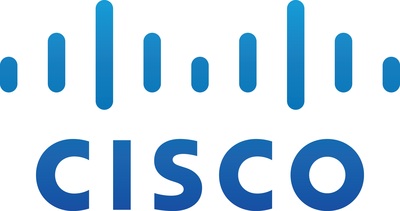Nearly two-thirds of organizations consider quantum computing as the most critical cybersecurity....
A Capgemini Research Institute report published, ‘Future encrypted: Why post-quantum cryptography tops the new cybersecurity agenda,’ highlights that rapid progress of quantum computing threatens to render current encryption algorithms obsolete. ‘Harvest-now, decrypt-later[3]’ attacks, together with tightening regulations and the evolving technology landscape, have elevated the importance of quantum safety. However, despite increasing awareness within the industry, many organizations still underestimate the risks surrounding quantum computing, which could lead to future data breaches and regulatory penalties.
According to the report, around two-thirds (65%) of organizations are concerned about the rise of ‘harvest-now, decrypt-later’ attacks. One in six early adopters believe that ‘Q-day’ will be within five years, while around six in ten believe it will arrive within a decade.
“Quantum readiness isn’t about predicting a date–it’s about managing irreversible risk. Every encrypted asset today could become tomorrow’s breach if organizations delay adopting post-quantum protections. Transitioning early ensures business continuity, regulatory alignment, and long-term trust,” said Marco Pereira, Global Head of Cybersecurity, Cloud Infrastructure Services at Capgemini. “Quantum safety is not a discretionary spend but a strategic investment, which can turn a looming risk into a competitive advantage. The organizations that recognize this fact early will best insulate themselves against future cyber-attacks.”
While current quantum computers cannot break widely used encryption yet, high-risk industries such as defense and banking are leading the adoption of quantum-safe solutions. In contrast, consumer-focused sectors like consumer products and retail sectors are showing less urgency.































Leave A Comment